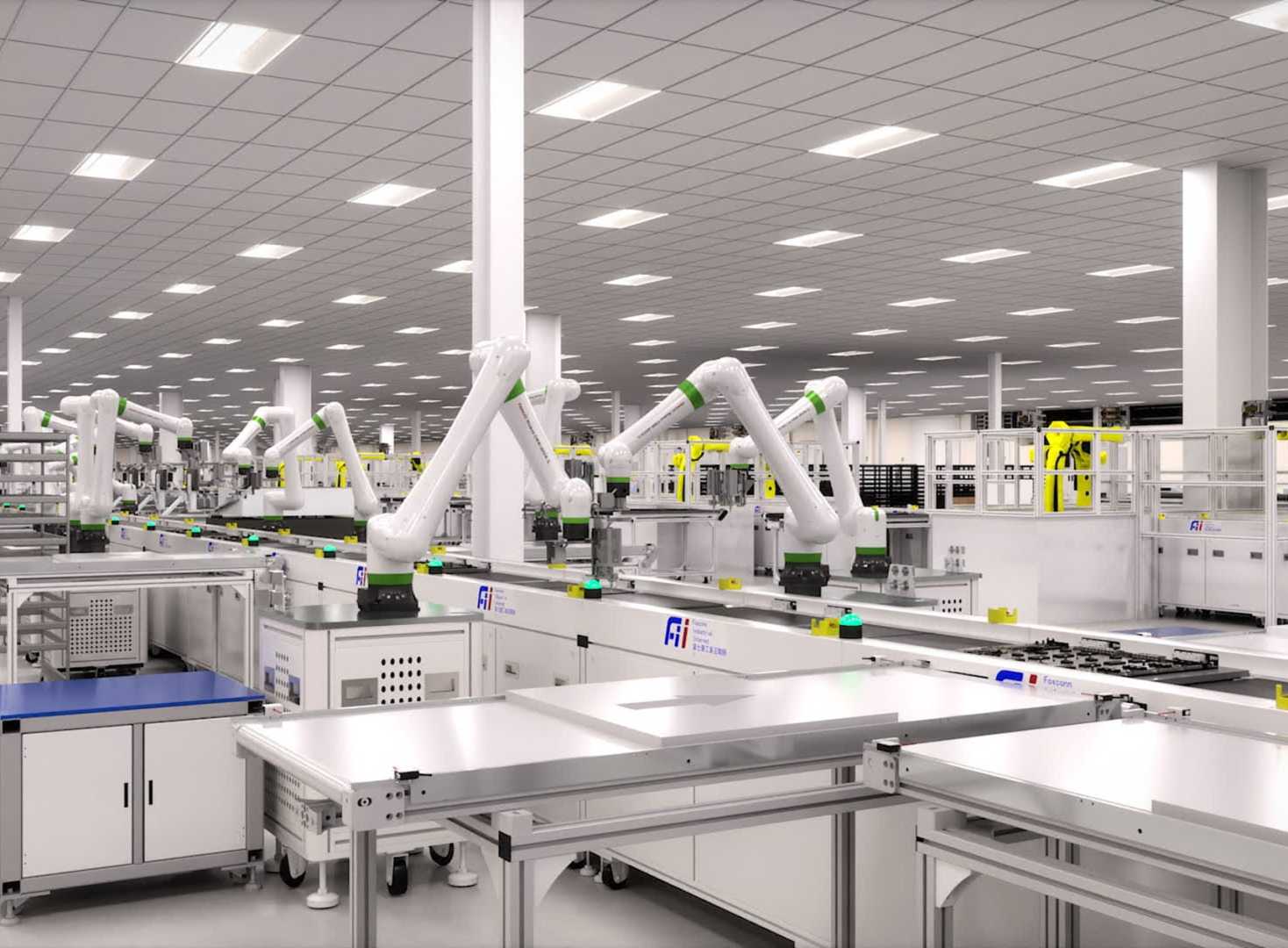Business
Nvidia Adjusts Operations Amid Geopolitical Turmoil and Tariff Policies

SAN FRANCISCO, Calif. — Nvidia is adapting its operational strategy in response to new tariff policies imposed on the artificial intelligence sector by former President Donald Trump. Recent analyses indicate that the company may sidestep significant tariff impacts on AI server products by ramping up production in Mexico.
According to an April 7 report by Stacy Rasgon, an analyst at Bernstein, approximately 60% of Nvidia’s data center servers are produced in Mexico, allowing a considerable number of shipments to enter the U.S. tariff-free. “Most of Nvidia’s AI server shipments are found to originate from Mexico,” Rasgon noted, and this is aided further by exemptions outlined in the Harmonized Tariff Schedule (HTS) from trade agreements established during Trump’s presidency.
The discussion continues as Nvidia must navigate potential price hikes associated with tariff complexities. While U.S. regulators classify Nvidia’s GPUs as tax-exempt, it remains unclear if all components of its servers will receive similar exemptions, leading to mounting concerns in the AI sector.
Nvidia’s CEO, Jensen Huang, voiced an optimistic outlook at the recent GTC 2025 conference, stating, “In the short term, the impact of tariffs is insignificant.” This highlights the company’s strategy of enhancing production capabilities in Mexico to mitigate tariff-related challenges and maintain competitive prices in the market.
Alongside Nvidia, Apple is also making strategic moves to reduce tariff burdens. The tech giant shipped five planes of iPhones assembled in India to the U.S. as a measure to avoid a steep 56% tariff on products imported from China. This increase in production in India suggests a significant shift in Apple’s supply chain management.
Industry analysts are closely monitoring Nvidia’s position as the tech sector grapples with the repercussions of Trump’s tariff policies, which have injected uncertainty into business operations. Nvidia’s market capitalization has seen fluctuations as the company assesses its resilience amid these economic policies.
Stephen Witt, author of “The Thinking Machine: Jensen Huang, Nvidia, and the World’s Most Coveted Microchip,” noted that the intersection of politics and supply chain challenges is unprecedented for Nvidia. He stated, “Jensen Huang must deal with politics because the turmoil for his business is too severe.” This raises critical questions about potential paths Nvidia could take in response to these tariffs, which may include absorbing costs, relocating manufacturing, or increasing pricing.
Furthermore, Nvidia’s heavy reliance on Taiwan for chip production adds layers of complexity as geopolitical tensions rise. Witt indicated that while Nvidia currently maintains a dominant status in AI chip manufacturing, complacency is not an option. “Nvidia has a temporary monopoly, but it cannot sit still. Competitors could emerge with innovative products that threaten its market share,” he argued.
In light of these challenges, Nvidia is proactively investing in research centers and infrastructure in developing regions to diversify its operations. This strategic shift is aimed at enhancing the company’s resilience against geopolitical instability and attracting new talent and resources.
Overall, Nvidia’s strategies to ramp up production in Mexico and Apple’s proactive measures reflect broader trends as the tech industry pivots to adapt within the demanding landscape of international trade and shifting geopolitical dynamics.












